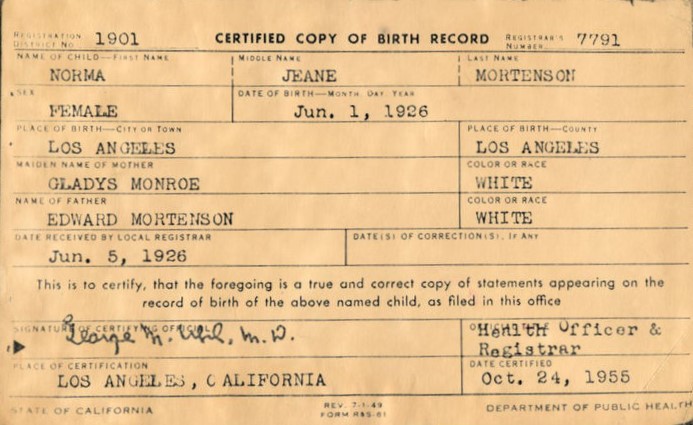
I came across some helpful aids while doing your family history while traveling. Here are some items to have for your genealogical travel kit.
- Stationery: Notebook, pens, and files or folders in which to keep your valuable documents, photographs and local information.
- Documents: Copies (not originals) of vital records and other archival leads.
- Geographic Aids: Up-to-date road maps, street guides and guidebooks. GPS!(Try to find maps of the time period of which your ancestor lived, how have the boundaries changed over time periods?)
- Travel Documents: Passports, visas, driving licenses, traveler’s checks,Credit cards, local currency, and strong foreign currency, such asUS dollars.
- Insurance Policy: Check that all your belongings and documents are covered by your travel insurance policy and you have the original purchase receipts in the event of theft.
- Camera, Camcorder, & Tape Recorder: A camera, digital, if possible, and a good supply of film. Camera film may be hard to obtain or cost much more than you would normally pay. Check that your camera is suitable for photographing original documents close up and indoors, since this is an effective way of recording documents if you are not able to obtain a copy. Try photographing documents at home to make sure your camera is up to the job. Do not rely on photographs as a means of recording information on original documents: You will still need to transcribe or abstract the relevant information.
- Video camcorders and audiotape recorders are useful for interviewing contacts and preserving your own experiences in the form of a diary.
- Contact Details: Names, addresses and telephone numbers of your local contacts. You should also take a supply of cards or stickers containing your own name and address. You may meet people who will not be able to find out information for you and send it to you after you return home.
- Phrase Book: Take a good phrase book and bilingual dictionary to help with the language. Do not assume everyone will speak your language.
- Clothing: Worn-in comfortable shoes are essential for genealogical trips, whether your are visiting foreign cities, cemeteries, farmland, cobbled streets, rural paths, or ancient church archives; dress in comfortable clothes; check ahead to see what the weather will be on the day you plan to visit.
- Chargers and batteries as needed. Flash drives for backups.
- Food, extra money, umbrella and change of clothes.
- Medications, a first aid kit.
- If you are going out of town, research the culture. A book that can assist you is by Carolyn Schott, “Visiting Your Ancestral Town”. The second release just came out and has some great travel tips, especially if traveling overseas.
- NOTE: If you are traveling to a specific place or event, call ahead to find out their days and hours open. Check to see if they allow pets if you are bringing one. Will they allow laptops, camera, cellphones or scanners if you are going to a museum or library?




